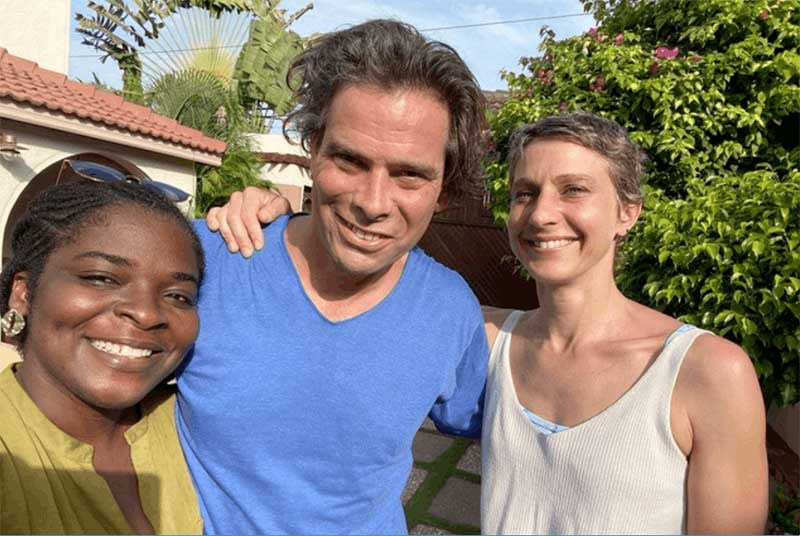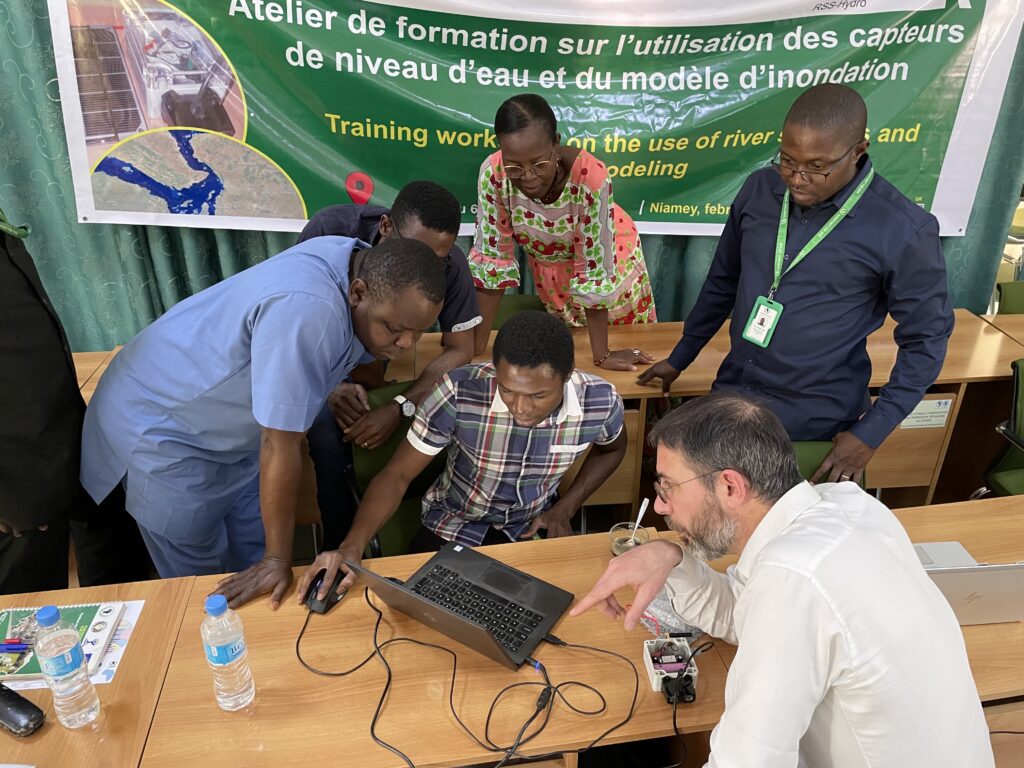The BPF in the spotlight on Delano!

Learn how the BPF supported COCA, a Luxembourgish architects agency, to:
- consolidate an international partnership in applied research with its partners in Ghana and the Netherlands;
- develop sustainable, local, healthy, and beautiful building materials
- aiming to have a direct positive impact in Ghana!
Check out this excerpt from the article in Delano, dated 20.03.24
Source: Delano
The Business Partnership Facility (BPF) opens doors for European companies to explore new business opportunities and tackle societal challenges in developing countries. Discover how this co-funding (up to EUR 200,000) can accelerate your innovation and societal impact through collaborative partnerships.
Does your company hold expertise or technology with a broad potential? Ready to trial it or tap into new markets? The BPF propels your global expansion and amplifies your impact.
Acknowledging the pivotal role of the private sector in achieving the UN’s Sustainable Development Goals, the Luxembourg Development Cooperation launched the BPF in 2016. With 41 partnership projects already empowered across 20+ countries, the 11th edition is now waiting for your solutions.
Leveraging the innovation capacity of Luxembourgish companies
Luxembourgish and European companies can access co-funding of up to EUR 200,000 to support innovative projects with partners (company, NGO, public entities, etc.) in developing countries. From knowledge sharing to piloting new solutions in untapped markets, the goal is to share the benefit of innovations “Made in Luxembourg” with partners in developing countries.
Forging economic partnerships to tackle critical societal challenges – example in Ghana: boosting local value through cocoa residues upcycling
The initiatives supported by the BPF must also address key societal issues for the partner countries’ development: food security, climate change, decent work, economic growth, access to clean water, and more.
A concrete example in Ghana: the rapid population growth translates to an exponential need for accessible and adapted housing solutions. At the same time, approximately 70% of construction materials are imported, presenting a myriad of challenges. Recognising this, the Luxembourgish architecture firm COCA, deeply committed to sustainability, has delved into a local solution: repurposing abundant cocoa production residues into construction materials.
With the Dutch foundation Material Innovation Center (MIC) and a system builder, coordinating stakeholders on the ground, they reached out to the BPF to partner on a feasibility study. Their aim is to develop healthy, sustainable and local building solutions with a positive impact. As Carine Oberweis (COCA) explains, “In light of the construction sector crisis in Europe, this applied research project has broadened our horizons: leveraging our expertise for a project that promises lasting impact for West African populations”. With support from the BPF, prototype construction boards have been developed and are currently undergoing testing in Ghana. The consortium is already considering the next steps: “Through the establishment of a Material Innovation Center in Ghana (MEC Ghana), we will have the opportunity to experiment, innovate, and develop a wider range of applications using cocoa husk and other residual streams, such as those from cassava or palm oil production. This initiative will ultimately evolve into commercial-scale production facilities for the newly developed materials. We owe our project’s launch to the crucial initial backing from the BPF.”
Get your project in by April 30th!
Interested companies have until April 30th to submit their application. The first step is to submit a brief application form, available for download on the bpf.lu website. Following preselection, candidates will be invited to present detailed proposals and pitch their projects.
For more info, visit bpf.lu.
About BPF
The BPF is initiated and funded by the Directorate for Development Cooperation and Humanitarian Affairs of the Ministry of Foreign and European Affairs, Defence, Development Cooperation and Foreign Trade and implemented by LuxDev, the Luxembourg Development Cooperation Agency, in partnership with the Chamber of Commerce, Luxinnovation, and the Ministry of the Economy.
Related projects
Related articles
-
Business Partnership Facility
 Mar. 2024
Mar. 2024Launch of the 11th edition of the Business Partnership Facility – A co-financing to foster innovative business partnerships in developing countries
The Luxembourg Development Cooperation kicks off the 11th edition of the Business Partnership Facility (BPF) with a new call for proposals, open to Luxembourgish and European companies. -
Business Partnership Facility
 Mar. 2024
Mar. 2024Information webinar on the Business Partnership Facility – 4 April 2024
Explore new business horizons with the BPF. Join our webinar dedicated to European companies to learn how to benefit from co-financing of up to EUR 200,000 for innovative and impactful business partnerships in developing countries. Register now to find out more! -
Business Partnership Facility
 Oct. 2023
Oct. 2023We speak about the BPF in Delano!
Spotlight on an example of a virtuous circle backed by the Business Partnership Facility, with the partnership project lead by IBISA in Niger
